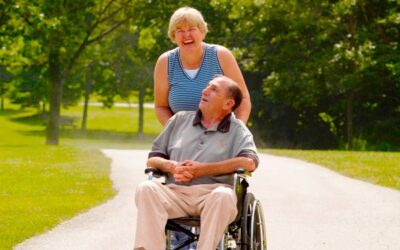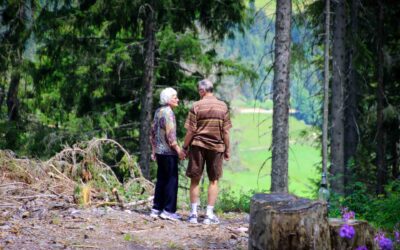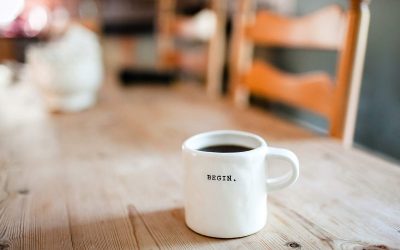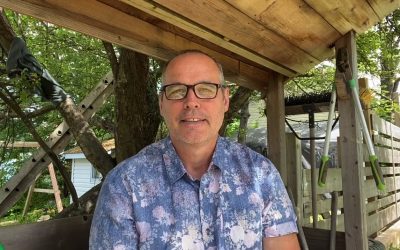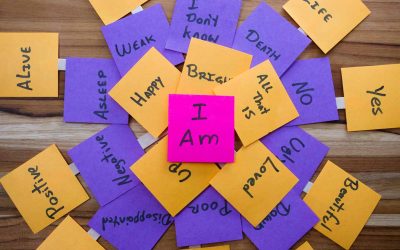What is Self-Care?
Self-care simply means being kind to yourself, both mentally and physically. It is about knowing when your resources are running low, and stepping back to replenish them. It is about not letting those resources get too low in the first place. It is about consistently integrating self -compassion into your life on a daily, ongoing basis. Practicing consistent self-care can improve your mood and reduce anxiety. It can reduce the negative effects of stress.
The self-care journey is ongoing–and it changes over time. Here are some ideas and guidance to starting and growing your self-care routine:

Hope for Winter
Our northerly tilt away from sun only really lasts for a few months in the calendar – though this season seems to linger too long sometimes. How can you give your grieving self support (and a break) through this last stretch of winter?
What I’ve learned about Self-Care as a Caregiver and as a Griever
Self-care is one of the most important things I learned as I moved through caring for my husband after he was diagnosed with Mesothelioma. I felt blessed to be able to be there to help with the care for nearly a decade but it wasn’t without cost.
Challenge yourself to a Self-Care Streak!
We all know self-care is important, but that doesn’t mean we do it. A million things get in the way. Threads of Life’s Self-Care Week is coming up again this July, and it offers a chance to try something new, learn what works for you, share your experiences with others, and maybe have a bit of fun.
Moving through the storm: From surge capacity to self-care
What if going through the motions isn’t an ability—but a survival mechanism rooted deep in our subconscious? Surge capacity is a collection of adaptive systems that allow us to “keep going” for short-term survival in acutely stressful situations.
Self-Care: What works for us
Threads of Life’s Volunteer Family Guides provide peer support to others who are coping with the effects of workplace tragedy. Every guide goes through intensive training for their volunteer role. They learn how to draw on their own life story to help another along their journey of healing. And they learn the importance of self-care – both for themselves as volunteers, and for the families they’re supporting. Here, our VFGs offer a grab bag of self-care ideas from their own tool kits:
Resources for your self-care plan
Self-care is a bit of a buzz word these days. Unfortunately, lots of people are ready to dismiss it, at the very time we all need it most. If you’ve been affected by a work-related tragedy and are coping with illness, injury or grief; if you face challenges to your mental health; or if you’re simply trying to keep things balanced while you navigate the pandemic and all of life’s other currents, you need a plan for your own self-care.
Self-Care during the COVID-19 Pandemic
These are very challenging times we are living in right now. The last three months have been difficult, to say the least, with everyone on lockdown due to COVID-19 … the invisible enemy.
Men in Grief: Self-Care is for You Too!
While grief styles may shift for both men and women, exploring our own style of grieving can provide insight into how we as individuals need to work through the messy part and feel supported. How we care for ourselves as grievers can also give focus and attention to what we need to do for self-care.
Un-planning Self-Care
Have you ever asked yourself ‘what does good self-care really look like?’ I’m going to go out on a limb here and say that most people don’t exactly know what self-care is to them. To be honest though, it doesn’t really matter if you haven’t figured it all out yet!...
The 3 Ingredients in Restorative Self-Care
When was the last time you were stressed out? Maybe when you were paying bills, watching the news, attempting to make sense of COVID-19 or processing paperwork as a result of the loss of your loved one. Your heart starts racing, your palms get sweaty, your stomach jumps into your throat. We experience these feelings so often we don’t even recognize that we are stressed, and that our physical and mental health is compromised.

 Find Support
Find Support Donate
Donate
